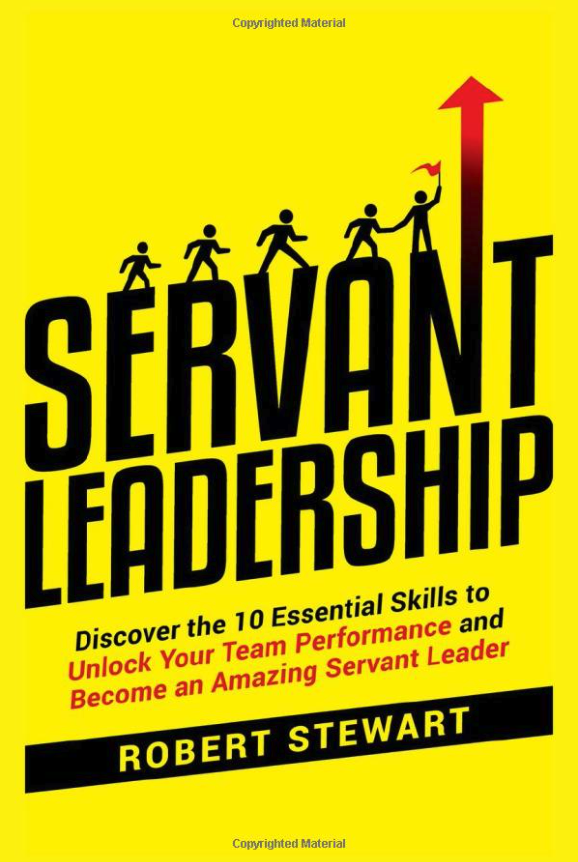In today’s ever-evolving business landscape, leadership approaches have evolved significantly. One style that has gained increasing recognition and admiration is servant leadership. When I first stumbled upon this philosophy, it struck a chord within me. Contrary to traditional leadership models that emphasize authority and control, the servanthood model focuses on serving others and empowering them to reach their full potential. The idea felt refreshing and inspiring.
Good leaders must first become good servants.
Robert K. Greenleaf
As I gained a deeper understanding of servant leadership and what makes a good leader, I embraced the journey and encouraged others to join me. I looked for opportunities to foster collaboration and innovation. Servant leadership, its benefits, and how it positively impacts diverse perspectives can change the atmosphere of organizations.
Understanding Servant Leadership
At its core, servant leadership is about putting the needs of others first. This leadership philosophy, popularized by Robert K. Greenleaf in the 1970s, fosters a deep commitment to the growth and well-being of team members. Rather than wielding power from the top down, servant leaders actively seek to understand their employees’ aspirations, strengths, and challenges. They prioritize the creation of a supportive environment that encourages collaboration, personal development, and shared decision-making.
Benefits of Servant Leadership
Numerous studies have showcased the positive impact of servant leadership on organizations. According to a Forbes article, teams led by servant leaders exhibit higher levels of trust, engagement, and employee satisfaction. These factors contribute to improved productivity, reduced turnover, and enhanced overall organizational performance. By emphasizing empathy, active listening, and open communication, servant leaders create an inclusive culture that values the diverse perspectives and contributions of all team members.
Empowering Diverse Perspectives
Servant leadership is particularly effective in fostering an inclusive work environment where diverse perspectives can thrive. By actively seeking to understand the unique experiences, values, and talents of each team member, servant leaders promote a sense of belonging and value. This approach ensures that diverse voices are heard, perspectives are considered, and decisions are made collectively. As a result, employees from different backgrounds and identities feel empowered to contribute fully, unlocking their potential and driving innovation.
A sign of a good leader is not how many followers you have, but how many leaders you create.
Mahatma Gandhi
Leadership in Action
Imagine a workplace where a servant leader takes the time to listen and understand the aspirations and concerns of their team. Each team member comes to the table with unique experiences and ideas. Leaders can provide guidance and support, encouraging professional development and fostering an atmosphere of collaboration. These attributes speak loud in the character of a leader. By acknowledging and appreciating the diverse backgrounds and experiences of their employees, they create an inclusive environment that thrives on teamwork, empathy, and mutual respect. Through this type of leadership approach, organizations can build high-performing teams and achieve sustainable success.
As leaders, we may teach what we know, but we reproduce who we are.
Craig Groeschel
Servant leadership stands as a powerful alternative to traditional leadership models, offering a path to success built on empowering others. By embracing a servant approach, organizations can create a positive and healthy work environment. Just imagine the possibilities when your team feels valued, heard, and excited about creating growth.
As I reflect on the transformative power of servant leadership, I firmly believe that it is a pathway to success built on empathy, collaboration, and mutual respect. By putting the needs of others first, servant leaders create a work environment that nurtures diverse perspectives, fosters innovation, and drives exceptional results. As we continue to navigate the dynamic business world, embracing servant leadership can truly unlock the full potential of individuals and organizations, leading us toward a future where everyone thrives.



